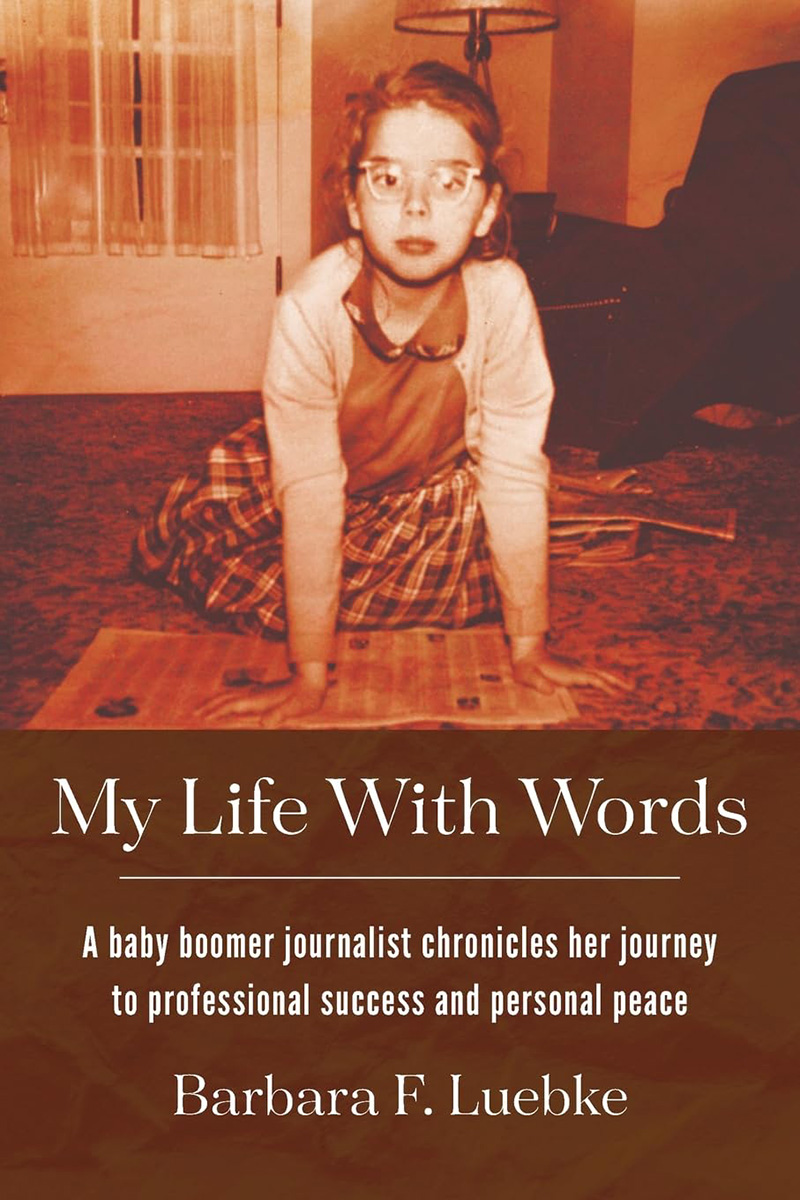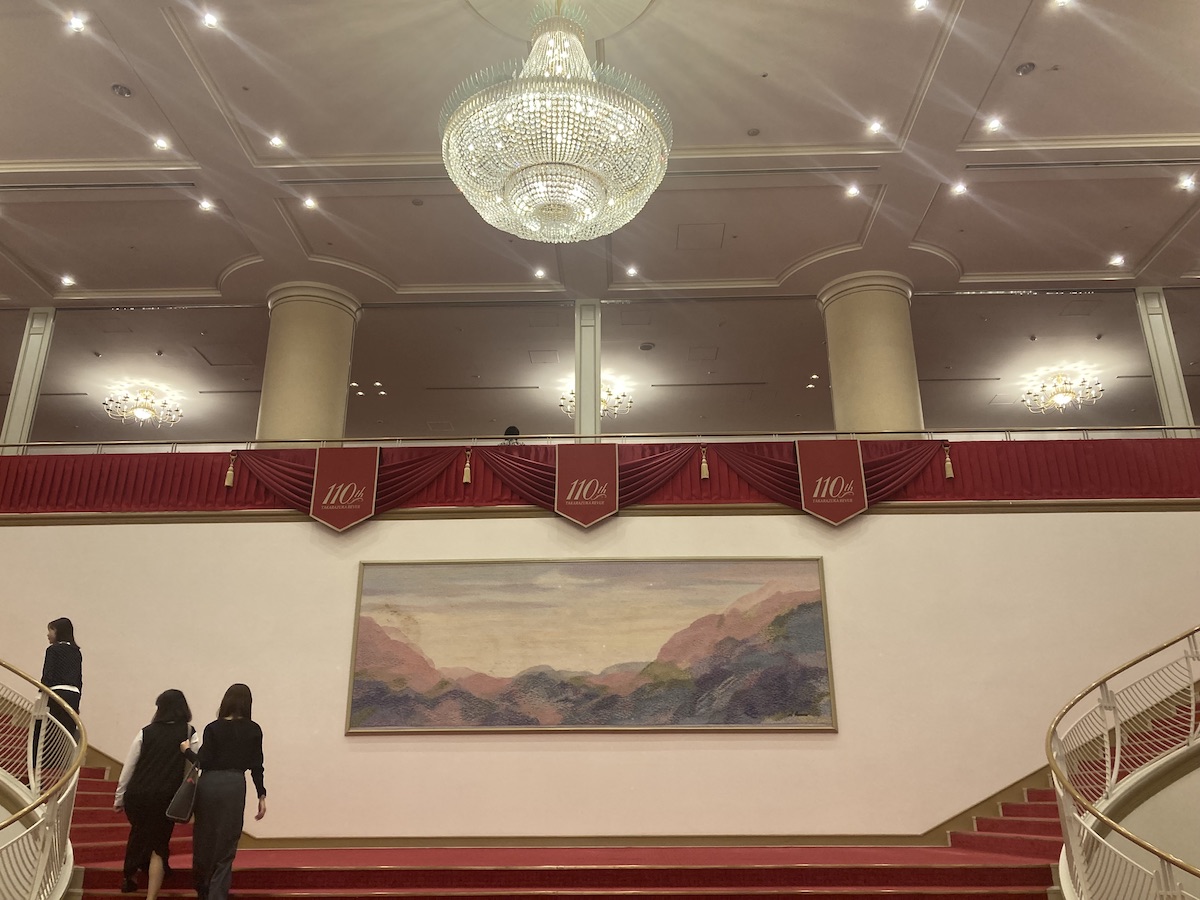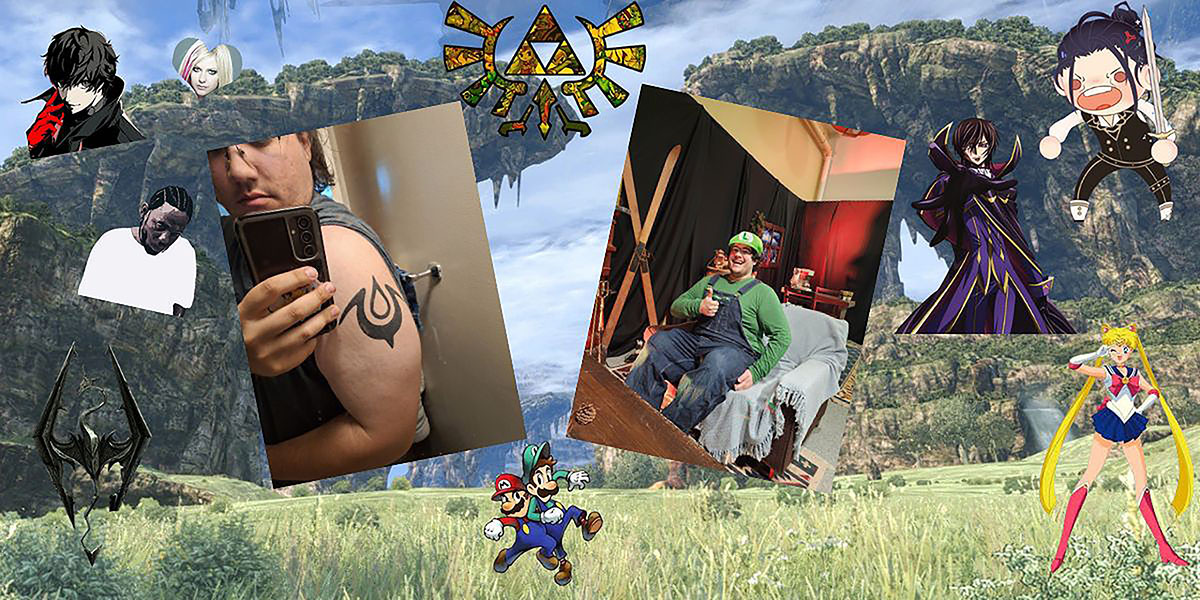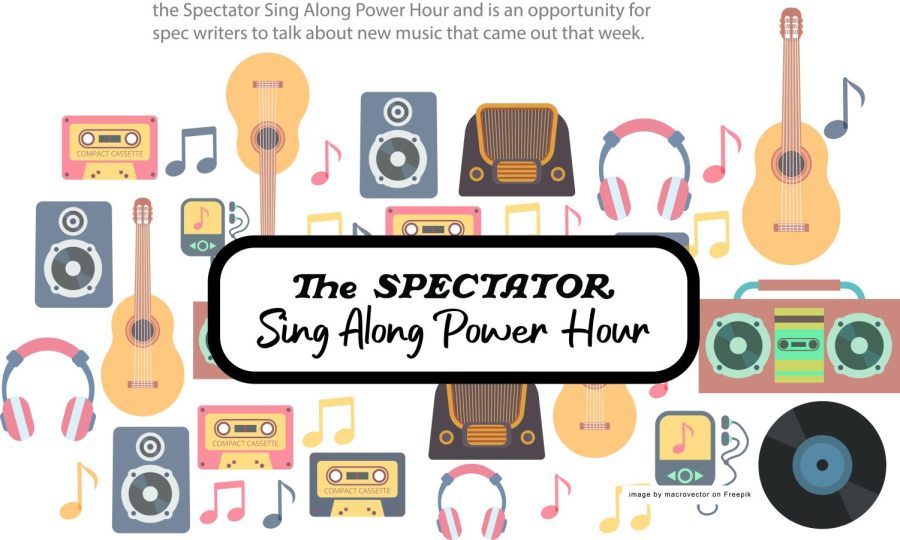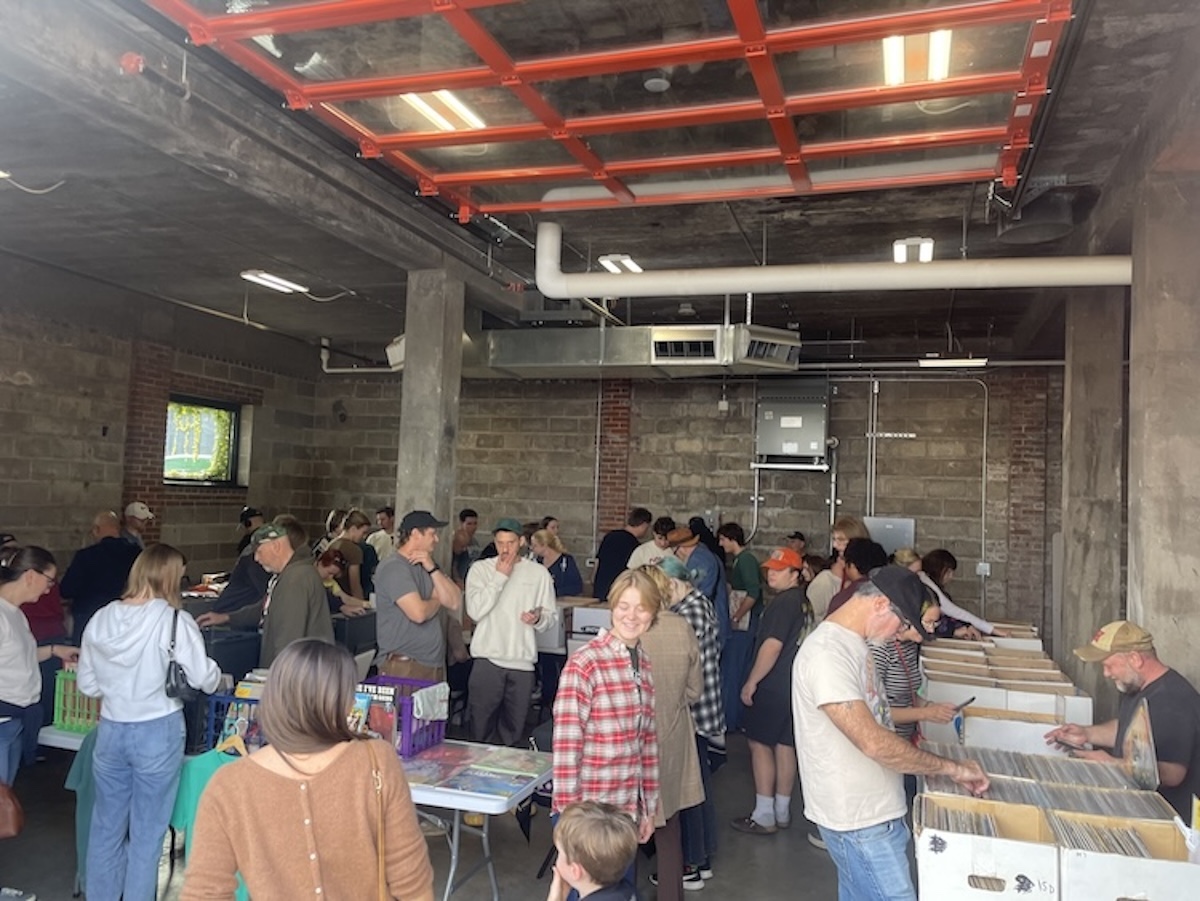Journalism, in all of its facets and capacities, has no single definition. The rules the average journalists follow, though, do not seem to vary much. One of the most important rules for journalists to follow: Stay out of the story. But sometimes rules are meant to be broken, just ask Barbara F. Luebke.
Coming from a background as a journalist and journalism educator, Luebke shares, as she describes, her “love letter to reading, writing, journalism and learning,” in her most recent book entitled “My Life With Words.”
Luebke’s “My Life With Words” can be described as somewhere in between a memoir and an autobiography and shares the exploration of her identity and self-image.
“A memoir is kind of a slice of life, where an autobiography covers the whole span of one’s life,” Luebke said. “But it’s a story that I wanted to tell in the way that I wanted to tell it.”
As a young girl from West De Pere, Wisconsin, she published her first story in the second grade after her teacher decided to hang up her lines telling the tale of a train that went past their new school.
Though she always had a love for reading growing up, Luebke never had a clear idea of what she wanted to do when she got older.
“Books and writing have almost always been in my world,” Luebke said. “When I went off to college I was thinking that I would probably be what was fairly typical enough to be an English teacher and a high school newspaper advisor.”
Luebke gained editing experience throughout high school. When she graduated, she then decided to attend UW-Eau Claire. She joined The Spectator her first semester of school, starting as a copy editor and eventually working up to being the editor-in-chief. Within her first semester, she switched her major to journalism and picked English as her minor.
Luebke explained that joining The Spectator confirmed her love for journalism, as well as that it helped to establish her life after university.
“It just solidified my love of journalism, my commitment to journalism,” Luebke said. “That’s sort of at my core my experience. Eau Claire made everything else that followed it possible.”
After graduating Luebke went on to get her master’s degree at the University of Oregon in only nine months. After a few years of working as a journalist, she got her PhD at the University of Missouri while teaching there.
Luebke had a plethora of experience in the worlds of journalism and journalism education. She spent time writing for a number of papers including The Antigo Daily Journal in Antigo, Wisconsin, The Daily Chronicle in Dekalb, Illinois and The Hartford Courant in Hartford, Connecticut.
She also spent parts of her career teaching at UW-Eau Claire, The University of Missouri, The University of Hartford and The University of Rhode Island where she was chair of the journalism department and received the title of Professor Emerita once she retired in 2012.
While teaching, Luebke said that she encouraged her students to remember a number of key ideas.
“I really believe in that classical notion of giving readers what they need in order to be responsible citizens, so an emphasis on accuracy,” Luebke said. “Being curious, to me, absolutely emphasizes the need, you know, if someone is not by nature a curious person maybe, you know, do something else.”
During the many facets of her career, Luebke also gained experience writing books, but never ones that entailed the details of her own life. Where her retirement began, so did her journey towards “My Life With Words.”
As an experienced journalist, Luebke said that she had never had made an attempt at writing about herself. Her first step in that direction was a book entitled “Dementia’s Unexpected Gifts,” which shares her experience as a caregiver.
This book, though, didn’t ever fully touch on the life of Luebke herself. Instead, it highlighted her experiences within her relationship as a caregiver to her partner, who had been diagnosed with dementia as well as what she learned. Her final push towards writing her own story came to fruition with “My Life With Words.”
Luebke shared that she had no clear idea of what would end up on the pages, but rather that the book seemed to write itself.
“The process was almost organic. I marvel sometimes at how things just unfolded. And the writing,” Luebke said. “I would write for a period of time and then I would start the next day by rewriting and editing. And then I would start again the next day.”
She designed the cover of the book through Mayfly Design, a design agency located in Minneapolis, Minnesota. Given her past experience with editing, she recognized her need for a bit of assistance when creating the finishing project.
“When we started working on the design, it looked like it was gonna be, the calculation was gonna be close to the maximum number of pages that an Amazon book could be,” Luebke said. “Like 230,000 words, I think I did.”
The book encompasses all feelings throughout her journey from a “girl from the Eisenhower ’50’s to proud feminist.” It sheds light on the process of growth and change. And, in her practice as a journalist, Luebke does fail in using the book for advocacy in telling one’s own story regardless of who they are or where they come from. Luebke, in the hopes of sharing this, invites all to read it and join the journey with her.
In taking the steps to share her story, Luebke said that she feels accomplished that she was able to make this book happen and that she hopes people will benefit from reading it.
“When I look over at the book, I just think, ‘Damn, I did that.’” Luebke said. “I also am hopeful that the stories that I tell in that book will resonate with readers and maybe help somebody through a tough time.”
Luebke, in her hopes of sharing these messages with an audience, emphasized the need to tell the stories of all people regardless of their class, status or so-called importance.
“The untold stories are the most fun,” Luebke said.
Furthermore, there is a need for people to be willing to tell those stories.
“I’d like to tell aspiring and young journalists to not give up hope,” Luebke said. “You’re needed now, more than ever. Democracy will not exist without journalism.”
Braun can be reached at [email protected].


